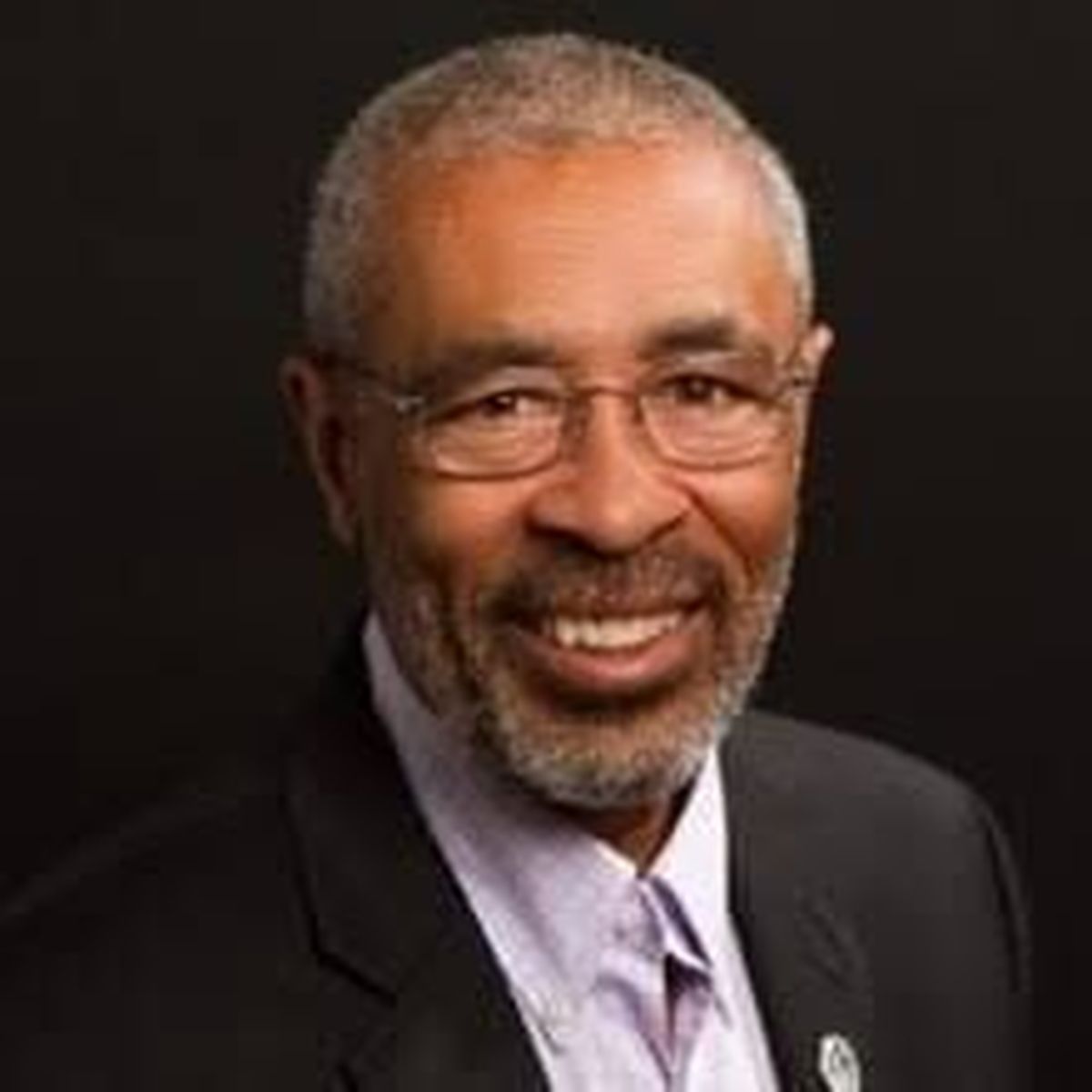We sat in the shade of a patch of 90-foot-tall conifer trees on green folding chairs just off the river’s edge. Dan and I were at the end of a morning of chasing cutthroat trout with fly rods miles upriver in the Idaho Panhandle. It was a stretch of water we were most familiar with having fished it for over three decades. The water was cool and crystal clear but lower than we had ever seen it for this time of year – a sign of not enough winter snow pack, a warmer than usual spring, and climate change.
We had found a few fish, some were hooked in the lip and landed, and some not. We are both much older than when we first traveled these parts. We don’t fish it nearly as hard as we once did. We are much more conscious of how fragile the two of us are and how fragile the ecosystem has become.
Earlier that morning we had pulled off the main road and parked at a familiar spot. Next to the truck was a recently used campfire full of charred tin cans, empty brass shell casings from a rifle or handgun, and trash. We marveled at how thoughtless some users of this country are. It will never make sense why some travel here and leave their urban trash behind. It’s harder to find peaceful, unspoiled spots these days.
There was a slight breeze as we sat relaxing in the shade of the conifers. It’s our friendship, mutual love of nature, rivers and fly fishing that draws us here and not Idaho’s politics. We both try to boycott the state we were sitting in. Some of our friends question why we even come here – two liberal Democrats, one white and one Black, from Eastern Washington. For us it’s simple. Being in places like this feeds our soul. It is a sacred healing experience and place. Nothing we do here is ever forced or rushed.
This is not just a story about two old fly-fishing buddies sitting in the shade. It is about the experiences and the conversations we have when doing it. As always, our sharing shifts as we sit next to the river, enjoying even the smell of it. We tried to name the birds we heard. We talked about how surprised we were to see two adult pairs of merganser ducks with at least 20 young ones floating and feeding their way downstream.
We talked about the bears, the moose, the cougar and the one grey wolf we spotted up river a few years ago. We talked about our grown children that we raised together and taught to camp and fly fish and of course we talk about our wives and the friends we share in common. Lately politics and the state of the country creeps into our conversations; it never fails to bring out our deepest fears. We circle back to our shared concerns for places like this and lesser spoiled ones we know. Our conversations always shift to the future.
We remind ourselves that moments like this might never have happened if someone hadn’t taken the time to take us hiking, camping and fishing. We talked about how important it is that the current younger generation be exposed to places like this and hopefully develop a similar passion for spending time outdoors. Our now grown children still love to camp and fish and they are now taking their children. We know that this is the gift that keeps on giving. Being here is a privilege that Dan and I don’t take lightly.
Our concerns shift to the countless other young people– especially Black and Brown ones – who are not raised the way we were or how we raised our children. What about those who believe these experiences and places are out of reach – who feel that the outdoors is not safe or welcoming?
In July a major outdoor educational event occurred here in Spokane. The BIPOC Youth Summer Nature Camp – another dream come true of mine – was held July 28-Aug. 2. Some young folks from across the city spent six days together at the MLK Jr. Center learning about the great outdoors, going on daily field trips and being introduced to fly fishing. With any luck a few might have caught their first fish. Even more importantly, a few might find themselves falling in love with what they learned and have their lives changed forever. At least one or two just might find themselves sitting on folding chairs in the shade of these same conifers after a morning of chasing cutthroat trout that still live there.
Dr. Bartlett is a retired educator. He retired from Gonzaga University in 2007 and Eastern Washington University in 2020.
